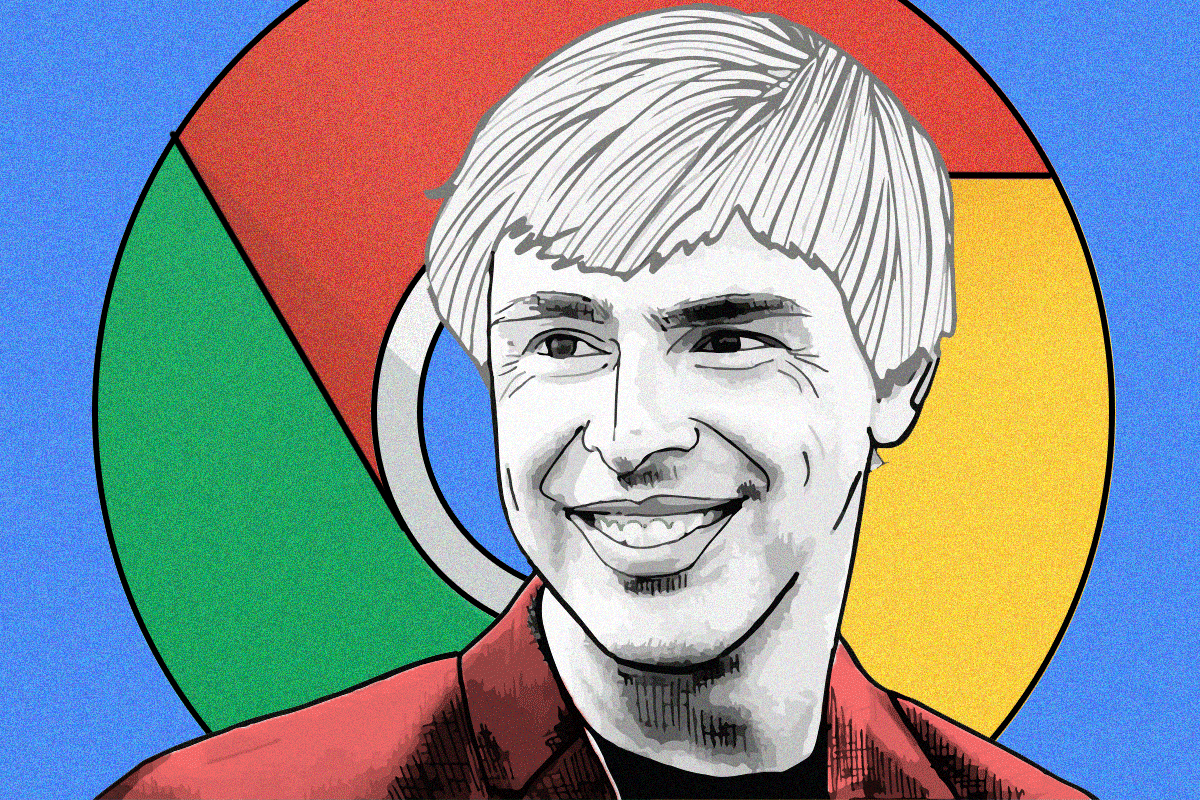
Google is in something of a state of emergency.
For the first time the company finds itself facing a threat to its domination of internet search.
The threat is ChatGPT, a conversational robot with which humans will be able to converse in natural language. Created by Open AI, it has become the buzz tool in the tech circles since it was launched on Nov. 30.
Signaling that ChatGPT is different from the competitors that Google has faced and defeated in recent years, Chief Executive Sundar Pichai has just made an exceptional move that shows the urgency of the situation.
He has brought back Co-Founders Larry Page and Sergey Brin to oversee the Mountain View, Calif., search and cloud giant's response.
According to The New York Times, Page and Brin held several meetings with Google executives. The topic of discussion: The new chatbot, which many experts see as a serious rival to Google's search business, which has annual revenue of $149 billion.
Page and Brin Review the AI Strategy
Page and Brin notably approved projects and ideas advocating for adding more chatbot features to Google's search engine, the newspaper said, citing two people familiar with the meetings.
The two founders also provided advice to current leaders who have made artificial intelligence the priority of their strategy. In addition, they reviewed the A.I products the company is working on.
The two executives returned at the initiative of CEO Pichai. Page and Brin haven't really looked after much of Google since they stepped down from their operational roles in 2019.
Contacted by TheStreet, Google has neither confirmed nor denied the return of its two founders.
"We have long been focused on developing and deploying AI to improve people’s lives," Lily Lin, Google spokesperson, said in an emailed statement.
"We believe that AI is foundational and transformative technology that is incredibly useful for individuals, businesses and communities, and as our AI Principles outline, we need to consider the broader societal impacts these innovations can have."
"We continue to test our AI technology internally to make sure it’s helpful and safe, and we look forward to sharing more experiences externally soon."
Google's Counter-Offensive in Progress
Google's counter-offensive is underway: The firm plans to launch more than 20 new A.I products this year and, above all, will unveil a version of its search engine with chatbot features. This is all part of a code red declared by Pichai.
The boss made a point of insisting that Google did not intend to give up its place of leadership in AI when it announced a cut of 12,000 jobs on Jan. 20.
"Being constrained in some areas allows us to bet big on others," Pichai said in an email to employees. "Pivoting the company to be AI-first years ago led to groundbreaking advances across our businesses and the whole industry."
"Thanks to those early investments, Google’s products are better than ever. And we’re getting ready to share some entirely new experiences for users, developers and businesses, too.
"We have a substantial opportunity in front of us with AI across our products and are prepared to approach it boldly and responsibly."
Unlike past rivals, ChatGPT is a big threat to Google so Microsoft (MSFT) wants to invest another $10 billion in OpenAI, the creator of the chatbot, according to Bloomberg News. The software and cloud giant sees the AI product as a way to tackle Google head-on.
"ChatGPT is coming soon to the Azure OpenAI Service, which is now generally available, as we help customers apply the world’s most advanced AI models to their own business imperatives," CEO Satya Nadella announced on Twitter on Jan. 16.
What Can ChatGPT Do?
In less than two months, the ChatGPT chatbot has been a dazzling success. From academics to techies to the general public, the artificial intelligence of the ChatGPT tool blows minds.
ChatGPT stands for "generative pretrained transformer." It is a conversational robot with which humans will be able to converse in natural language.
What is innovative is the fact that this artificial-intelligence interface is perfectly at ease in a conversational mode: You can ask a lot of questions one after the other and expect clear answers.
It is a generalist robot: You can ask ChatGPT to write a film script, the plan for a thesis, or computer code. The most impressive thing, according to AI experts, is the fact that ChatGPT provides its answers both quickly and without any access to the internet.
The engineers and developers behind ChatGPT started by providing it with large amounts of text before asking it various questions and systematically noting down all its answers. They then classified them to improve them on the basis of both quality, precision, usefulness, and, finally, with a view to better ensuring the accuracy of the answers.
One of ChatGPT's skills is considered particularly innovative: the robot's ability to break down a complex task into several small elementary tasks, as a computer program would do, to facilitate solutions for human users.







